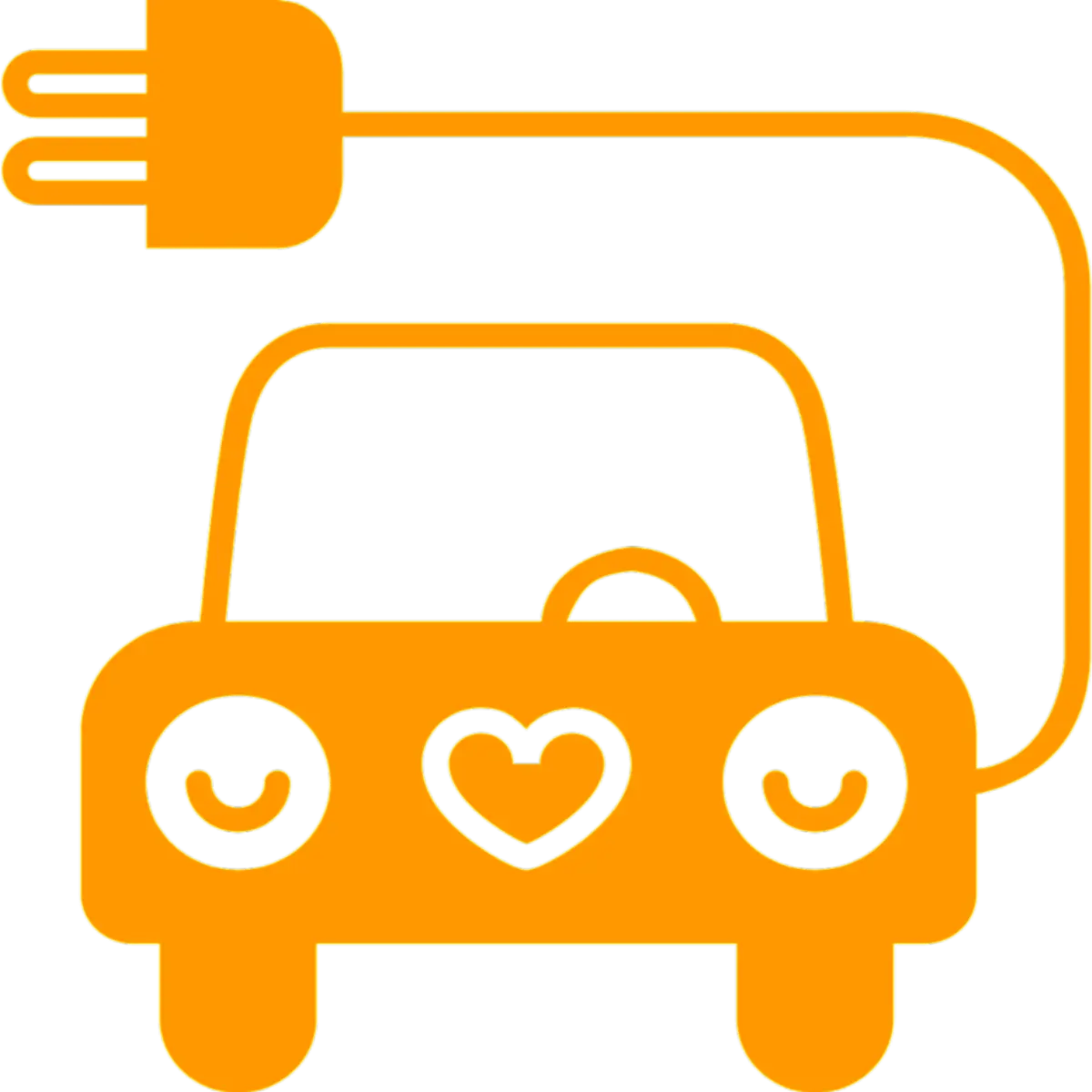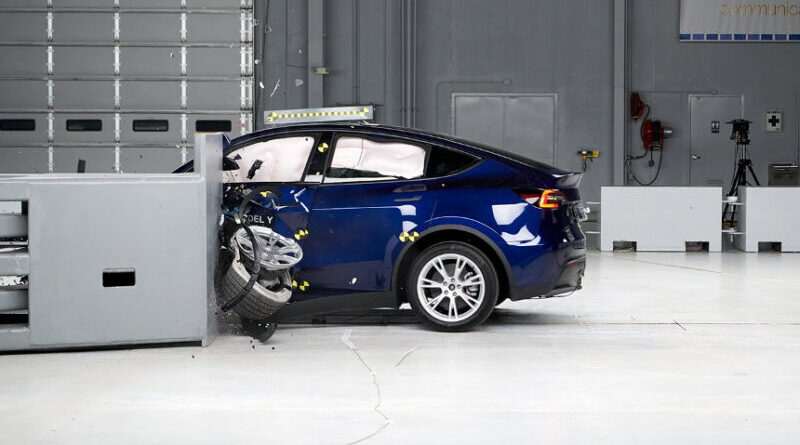I just saw the headline on Google News: “Tesla Has the Highest Fatal Accident Rate of All Auto Brands, Study Finds.” Yikes. I’ve covered how safe Tesla vehicles are for many years. In fact, it was the #1 reason why I bought a Tesla Model 3 in 2019. So, on the one hand, it was surprising to see that headline. But not really.
We already saw last year that one of the reasons Hertz was selling off its Tesla vehicles and not buying more was because they were more likely to get into accidents, and then waiting for repairs/service/parts took longer than average as well. Those kinds of things add up a great deal when you’re managing a big fleet of vehicles.
Are Tesla vehicles actually designed to be unsafe? No, that’s not the issue. The issue is that while Tesla was designing its cars to be extra safe, it was also constantly focusing on making the cars super quick (insanely quick, ludicrously quick, plaid quick) and regularly hyping up how quick its cars were in order to stimulate consumer demand.
Believe it or not, when you’ve consumed all that hype around how quick a Tesla is, it’s easy to be influenced and want to smoke cars off the line at a red light, or just drive like a bat out of hell. The problem is: that leads to accidents, and fast accidents lead to deaths. Let’s get to the shocking stats:
“Tesla’s vehicles have the highest fatal accident rate among all car brands in America, according to a recent iSeeCars study that analyzed data from the U.S. Fatality Analysis Reporting System (FARS).”



Yeah, phantom breaking was a big issue back then. It’s improved, but still not perfect.
That’s not something that should have a normalizing term, FFS. 🤢🤦🏽♂️
It’s bad to have names for frequently observed issues in new software? It would seem weirder not to talk about it.
deleted by creator
It’s the fact it’s so common that it has a name. And then there’s the fact it’s a name that doesn’t really convey the seriousness. “Phantom Braking” is so dry and unemotive. It’s sounds as if it’s etherial and you’re unsure if it’s happening.
“No-cause emergency braking” is accurate and doesn’t soften the impact of the issue. As consumers we should label safety issues with terms that no company would ever want associated with their product.
Jargon is the term for articulate, specialized language. Normalizing the consumer experience of “phantom braking*” is fucking irresponsible of us as a global culture.